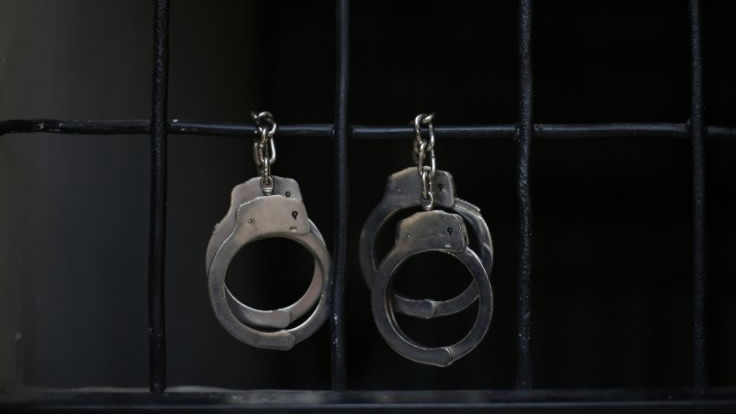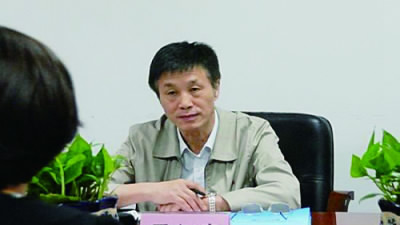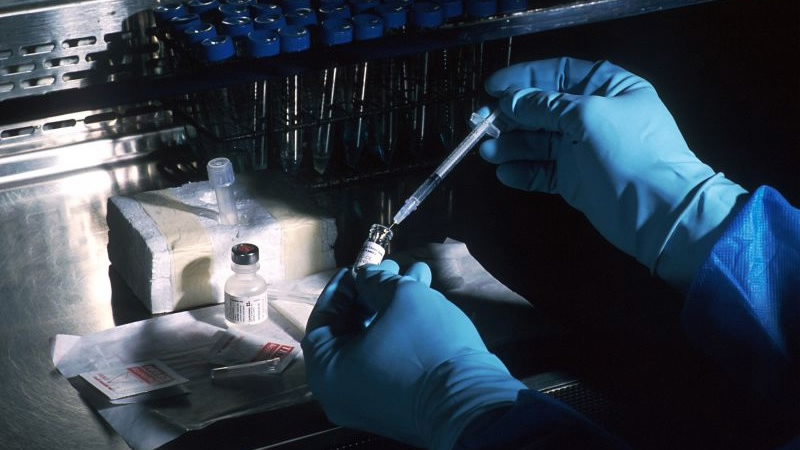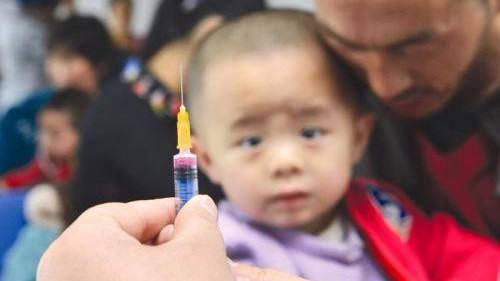
China
19:02, 04-Jan-2017
Chinese official jailed in vaccine approval bribery scandal
Updated
10:31, 28-Jun-2018

A former official of the China Food and Drug Administration (CFDA) has been handed a 10-year prison sentence and fined 500,000 yuan (72,000 US dollars) for taking bribes from vaccine manufacturers in exchange for providing ways for them to gain approval for their drugs.
Yin Hongzhang, a former deputy director at the CFDA's drug testing center, along with his wife and son, accepted bribes of some 3.56 million yuan (512,000 US dollars) as well as luxurious gifts between 2002 and 2015 from drug companies in Beijing and Shanghai municipalities as well as Zhejiang, Liaoning and other provinces.
In return for the illicit payments, Yin helped pharmaceutical companies ease the process for gaining vaccine approval, including those designed to combat Severe Acute Respiratory Syndrome (SARS) and bird flu.

File Photo of Yin Hongzhang
File Photo of Yin Hongzhang
The Fazhi Wanbao newspaper reported on Tuesday that the former official surrendered himself during the investigation and confessed to the crimes. He also reportedly turned over the illicit money and gifts – including an ivory product worth around 180,000 yuan (26,000 US dollars) – that he and his family accepted.
Yin was first investigated in April, 2015, and removed from his post at the CFDA two months later. His wife and son have also received prison sentences for their involvement in the misconduct.

The former CFDA official’s crimes include speeding up the drug approval process in exchange for a new house and house renovation. He helped a firm based in Southwest China's Yunnan Province slice between three and five years off the vaccine approval process, while the company’s manager, surnamed Liu, gave Yin cash and treated his family to the Spring Festival holidays in Beijing every year between 2007 and 2014.

Yin’s trial came in the wake of a pledge from the Chinese government to tighten scrutiny of vaccines after a scandal enraged the public in March, 2016. A mother and daughter in East China's Shandong Province were found to have illegally bought 25 kinds of vaccine from traders, before selling them on in 18 provinces across China since 2010.
The case involved problematic vaccines worth more than 570 million yuan (82 million US dollars) which were neither stored properly nor transported in approved conditions. The quality of the vaccines could not be guaranteed, and it emerged that some of the drugs had already expired.

SITEMAP
Copyright © 2018 CGTN. Beijing ICP prepared NO.16065310-3
Copyright © 2018 CGTN. Beijing ICP prepared NO.16065310-3